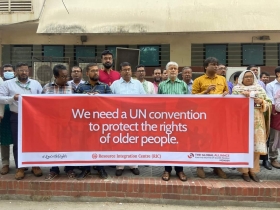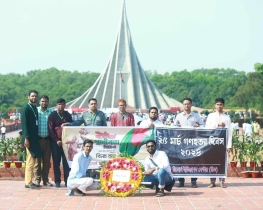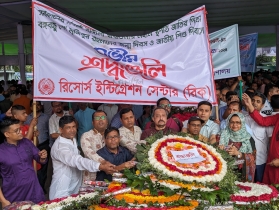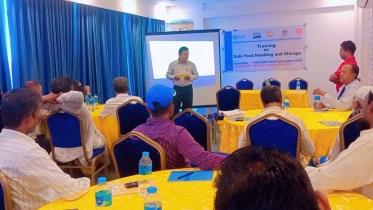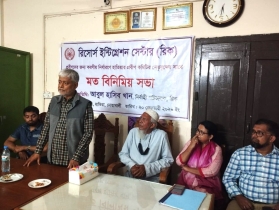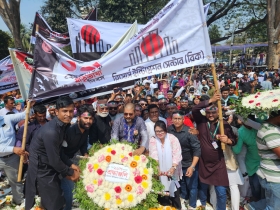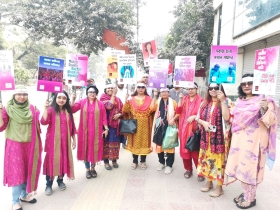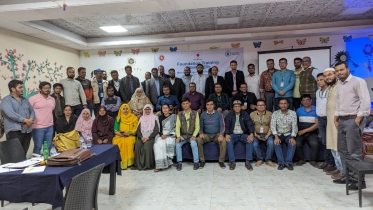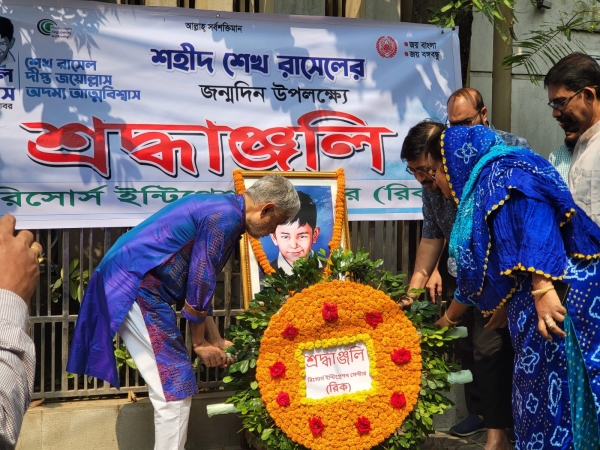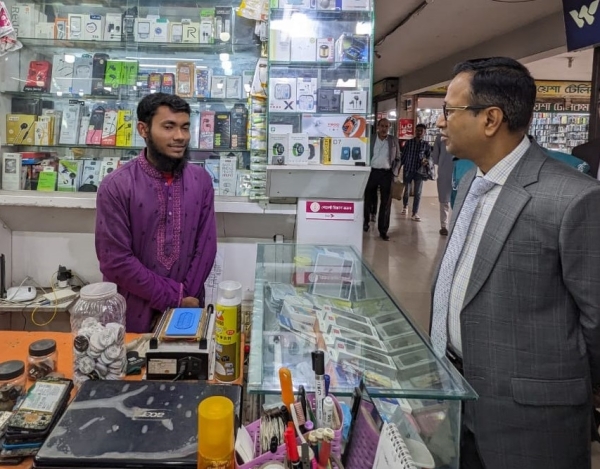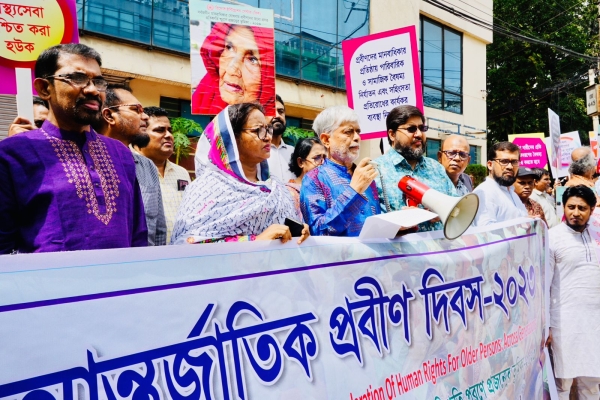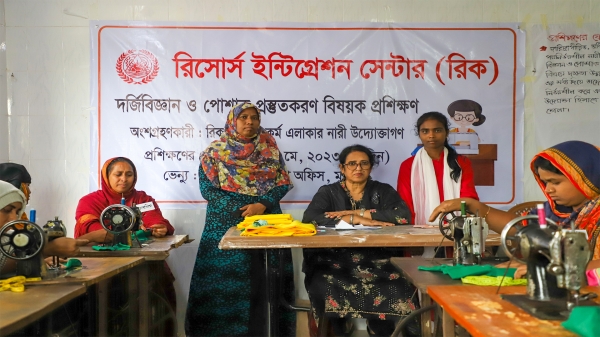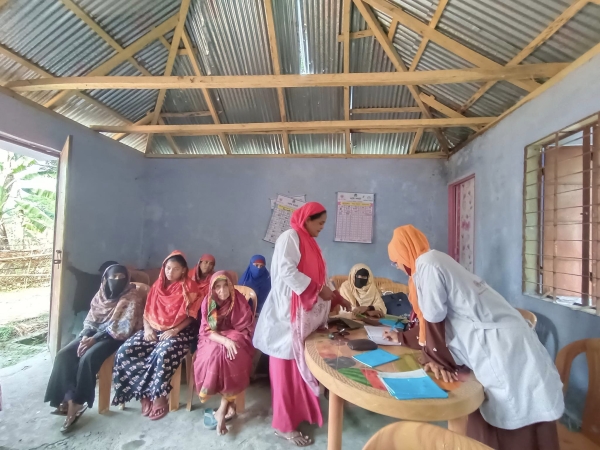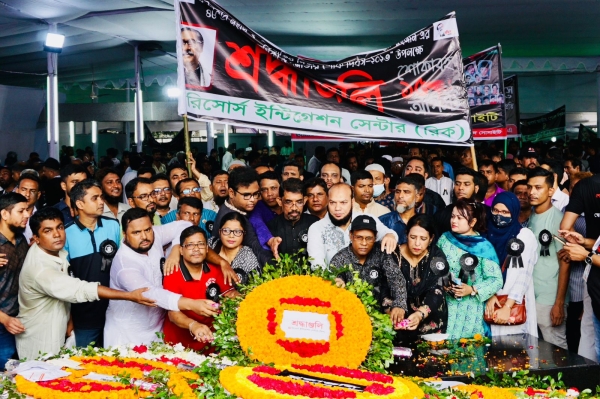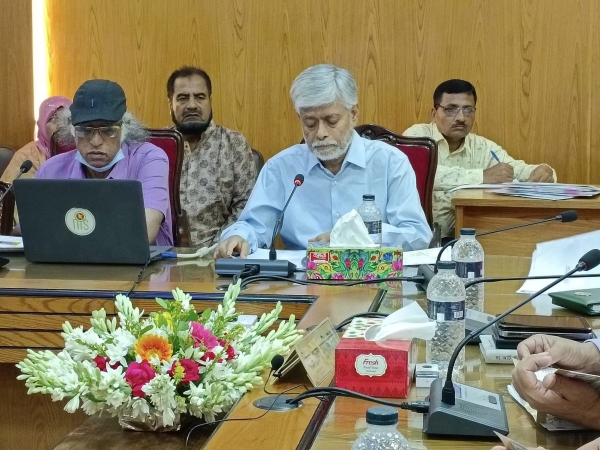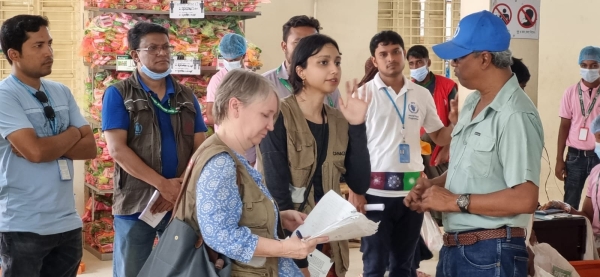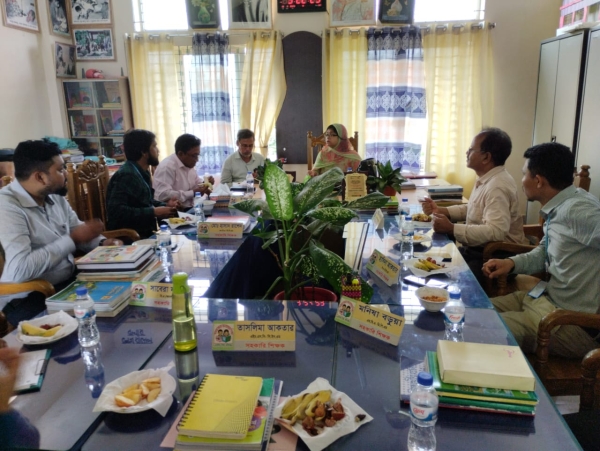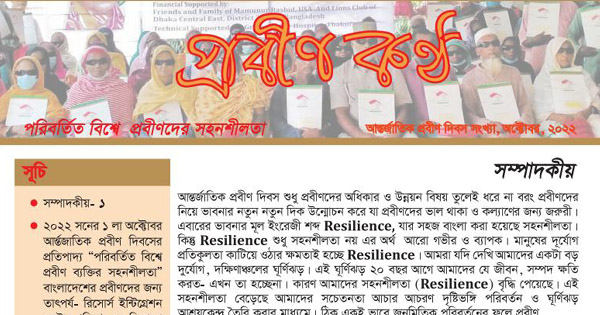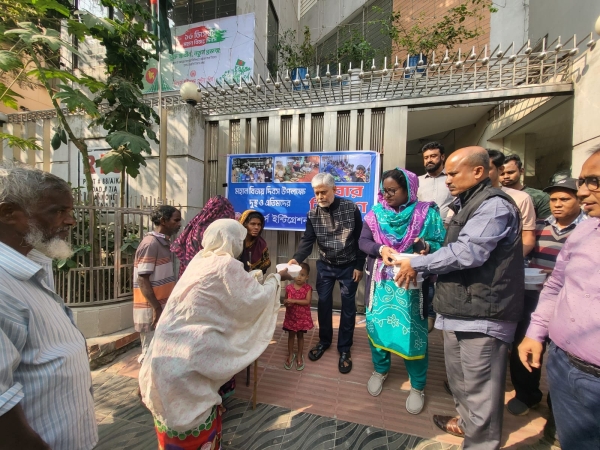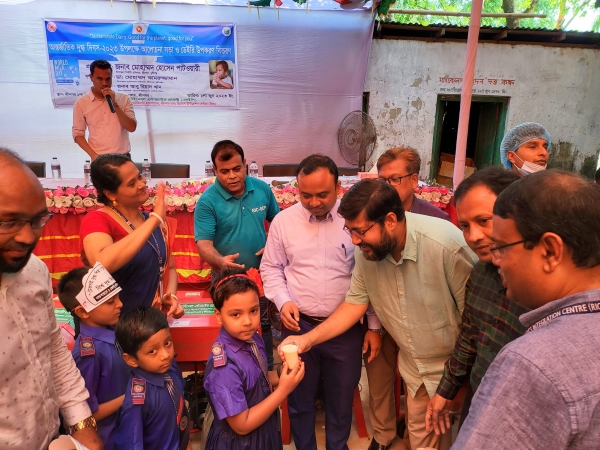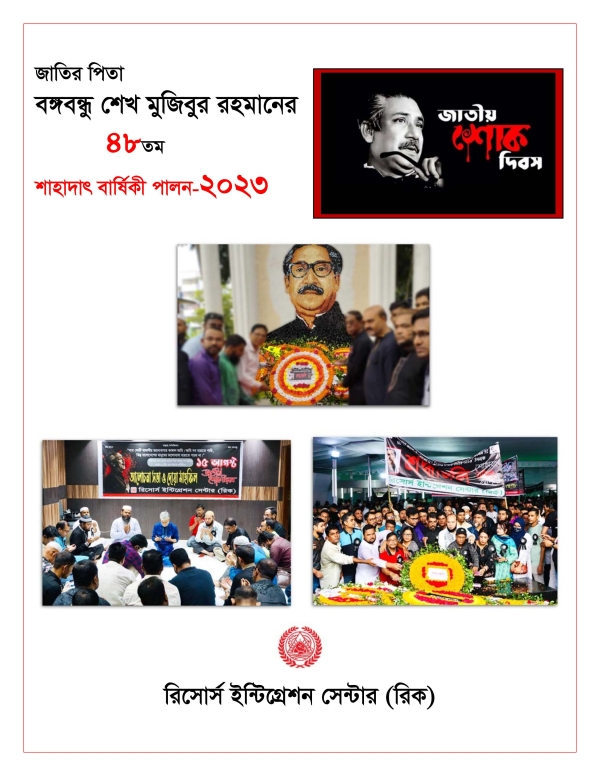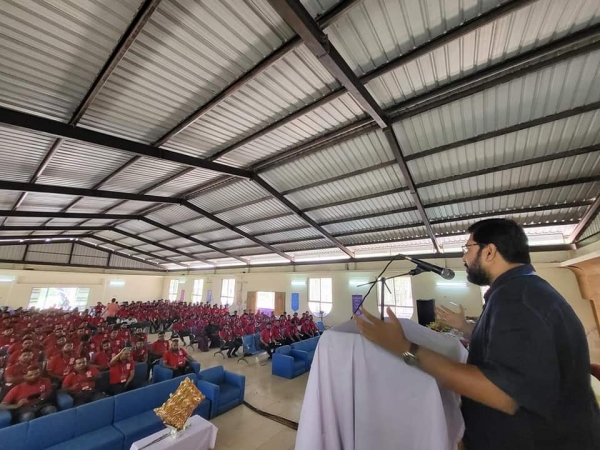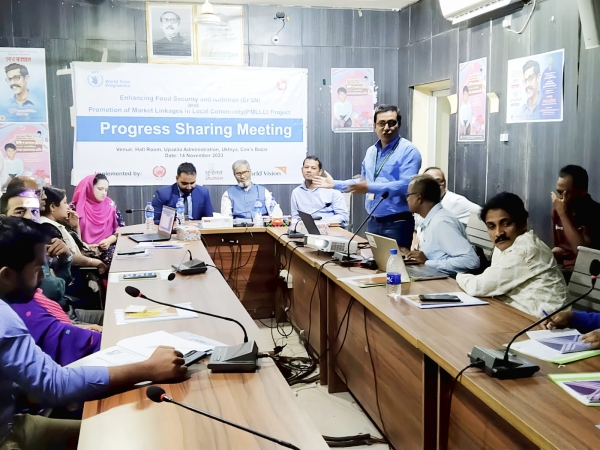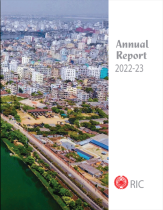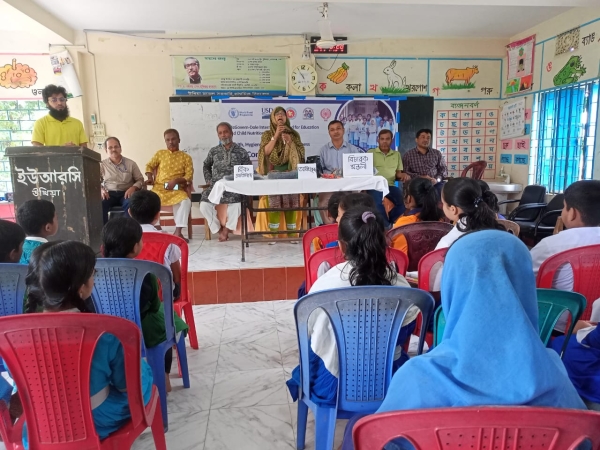Women’s empowerment in plastic recycling sector
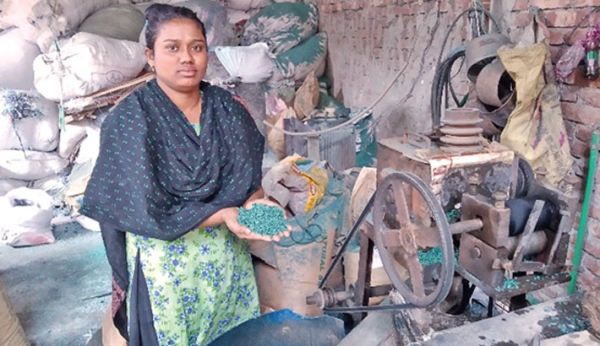
Plastics are everywhere. They are in our food, our water and our air. All kinds of baby toys are made of plastic. Plastics generate immense pollution that is a buzzword around the world. Plastic pollution is harming our life, marine life and wildlife. According to a report by Organization for Economic Co-operation and Development, only 9 per cent of plastic used across the world is recycled.
Bangladesh’s per capita plastic consumption in urban areas tripled to 9.0 kg in 2020 from 3.0 kg in 2005, according to a new study by the World Bank. Only 37 per cent of municipal plastic waste is recycled in Bangladesh, and the rest ended up in landfills, rivers, canals and drains. Plastic waste is an environmental and social crisis we face. Bangladesh wants to curb its plastic waste by 2030. Emphasising on reduce, reuse and recycle of plastic could be a sustainable remediation in reducing plastic pollution.
Plastic recycling has turned into a potential sector as it has created employment for millions of people. Plastic recycling refers to gathering plastic waste and recovering them into new and useful plastic products. No doubt plastic recycling is a hard-working job for a male, but a female is doing it easily. She purchases raw materials from Gazipur, Chittagong, Savar and from a far distance. In twenty-four hours, 2450-kg granules (dana-used for the production of plastic recycled items) are produced in her factory. She has brought a significant change in plastic recycling sectors in the locality. She has appeared as a role model entrepreneur and employment provider in the plastic recycling sector. As a result, a congenial social atmosphere has been created for her. A total of 25 employees (Male 6, Female-19) are working in her factory on monthly basis. She has ensured a women-friendly workplace. She has been able to encourage many women who have started the plastics waste segregation process individually. The name of the struggler entrepreneur is Popy Akter, 32, daughter of late Abul Bashar, resident of Kamringirchar, Dhaka.
“That was a time we passed many days without food, clean and new clothes, and lived in a shabby house because our father was a rickshaw puller. He could not afford our family burden. We were nine (9) family members and we were seven sisters, no brother. While I have been gradually growing up, I thought I should do something. Then I started work in garments. But I could not stay there for long due to my physical illness. At one point, I was compelled to quit that job. And after that I become engaged in the plastic recycling sector (plastic waste segregation process) when I was 22,” said Popy.
I asked her what sorts of obstacles she faced when she started this business. Popy replies, “In the early stage, social barriers created many impediments for me. When I launched this unknown journey, no one could care as well as gave me space as I am female. But I had trust in myself that I will overcome and be able to reach my destination. Starting was really challenging for me and even it is still tricky because as a female I am mostly discriminated my male counterpart in this sector. Moreover, I have no educational qualifications and cannot write any words but my name. It could not go to school due to poverty.”
In the beginning, Popy had only 20,000 taka saved from her garment job, which was much less than required. Now, she is earning a smart amount. Her net income is more than 5000 taka per day. In the meantime, she has purchased 5 katha lands where she has built a two-stored building costing approximately 60 lakh taka that was earned from this business. And even her running capital is above 70 lakh taka. Her son is a school student. Popy is now capable of taking decisions.
In fact, she herself started this business with a plastic waste segregation process in a storehouse. From 500 kg to 700 kg granule was produced. For that, she had to go to another factory because she had no machine. She relied on others. Most of the time, she was refused and even machine-operated factory owners made delays. Consequently, she used to fail to deliver granules timely to the plastic recycled production factory. Then she decided to set up an operating machine and run her own factory.
Since 2013, Popy has been taking microfinance support from Resource Integration Centre (RIC). But in 2020, she resumed granule production in her own factory. In June 2021, Popy started getting financial as well as technical support from Sustainable Enterprise Project (SEP)-Plastic Waste Recycling Sub-Project of Palli Karma-Sahayak Foundation (PKSF) implemented by Resource Integration Centre (RIC) in plastic recycle hub of Dhaka city, Lalbagh, Islambagh and Kamrangirchar. Popy now operates four machines (Crushing-1, Granule-2, Mixture-1,) in her factory.
The plastic recycling sector in this area is dominated by male owners and workers. There is a huge challenge to remain in this sector. Popy said, “It is really complicated for me to move in the far distance for dealing with production buyers and raw materials sellers as I maintain all procedures for running the business. It is true my husband is helping me a lot for forwarding the business.”
In these areas, there are thousands of small and medium micro entrepreneurs who are engaged in the plastic recycling sector. As their factories are not environment friendly, they produce enormous pollutant particles that are floating in the air in this area. Factory owners as well as workers had no knowledge of how environmental pollution would be reduced. And they had no training in dealing with any emergency support like fire management or occupational hazards.
Popy said, “Earlier we did not know many things like we are doing better things for the environment by recycling plastic waste collected from garments, factories, landfill, open spaces, waterbody and households. Through training provided by SEP-Plastic Recycling Sub-Project, we are skilled in the environment-friendly production process, personal & environment safety, improvement of environmental health, and fire extinguisher operating system.
Overall, women are playing a pivotal role in sustainable socioeconomic development. They are putting a great contribution to the GDP of our country. Women empowerment is an inevitable part of our economy, society and country. The underprivileged women will be a valuable resource if they get financial support, technical assistance and knowledge management training. As a result, gender inequality would be reduced and women-friendly employment would be ensured.
Arindam Bala, Environment Officer,
under SEP– Plastic Recycling Project of PKSF implementing by Resource Integration
Centre (RIC)
